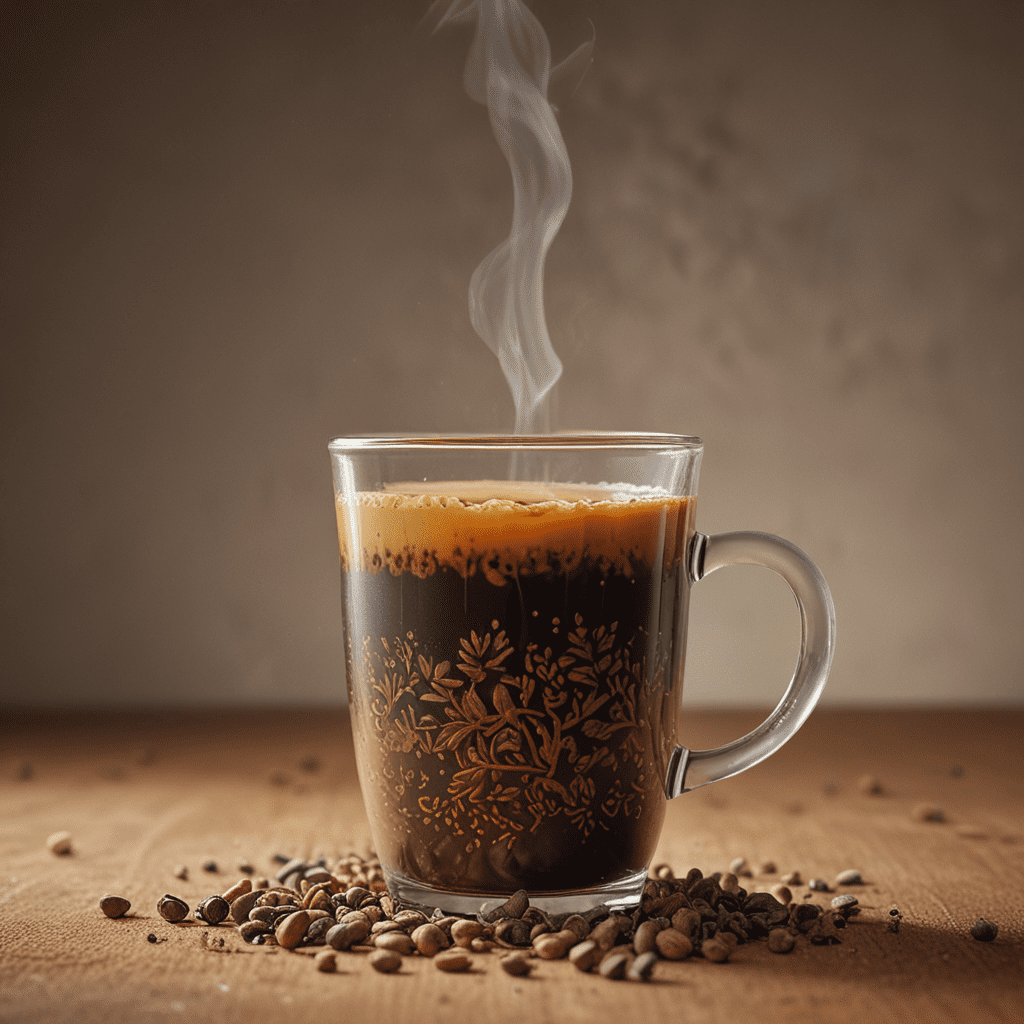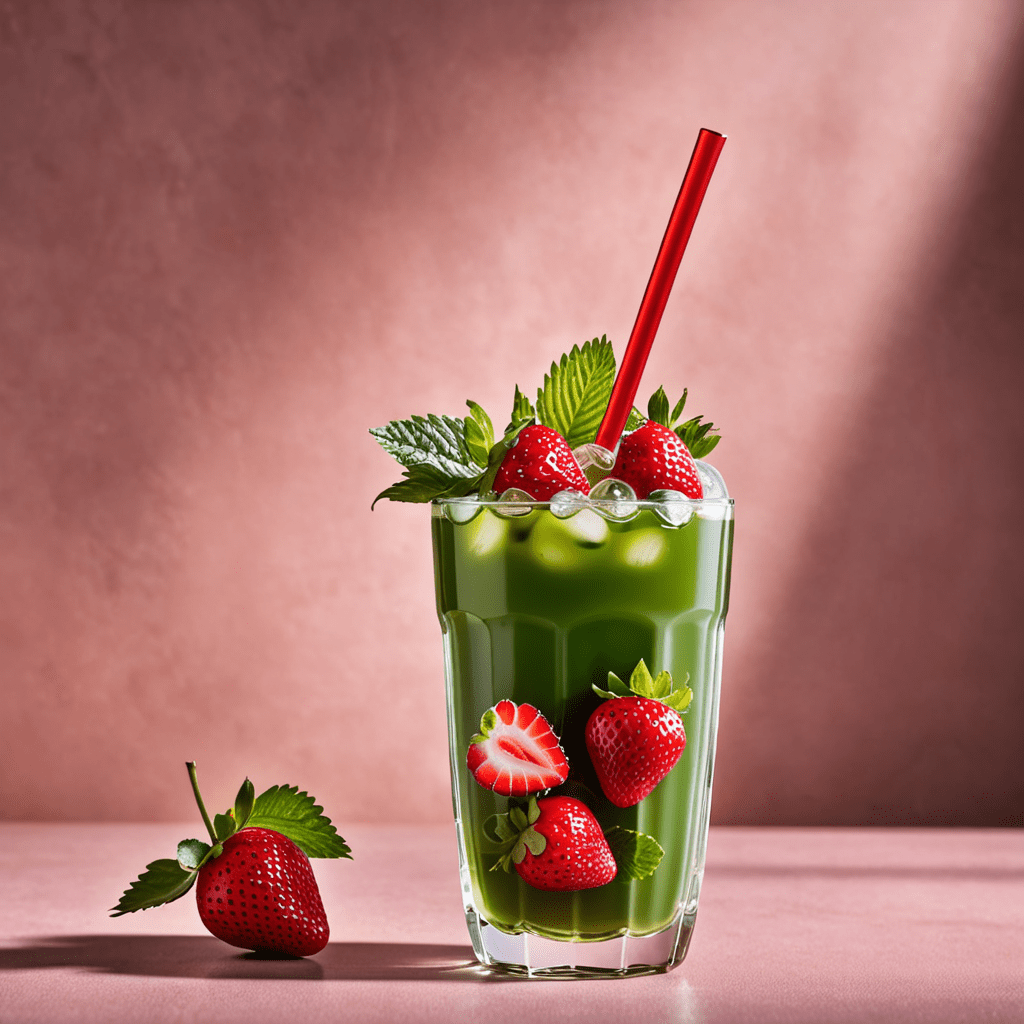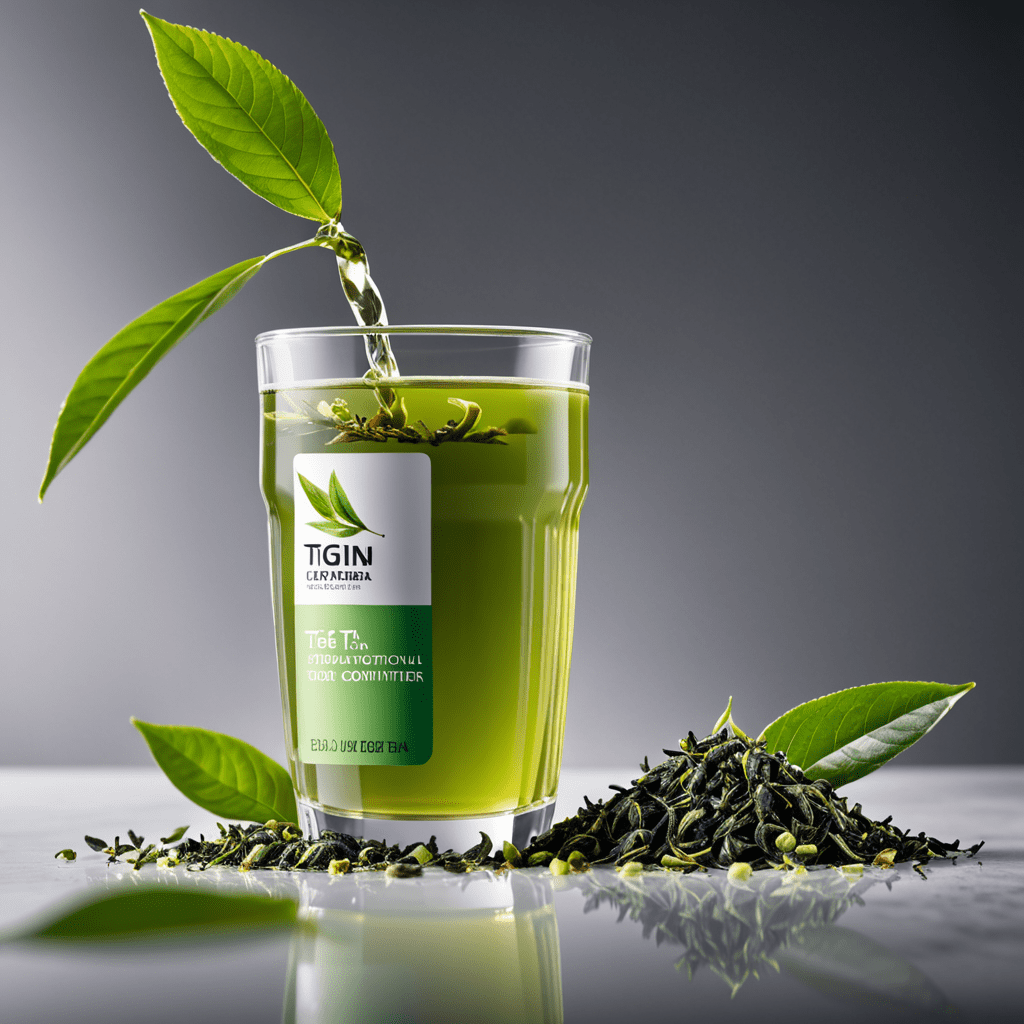1. Introduction to Assam Tea
Assam tea, renowned worldwide, originates from the verdant, sun-drenched plains of Assam, a state in northeastern India. This remarkable tea varietal, celebrated for its robust, full-bodied flavor and deep amber hue, holds a prominent position among discerning tea enthusiasts. History reveals that the British, during their colonial rule in India, recognized the exceptional qualities of Assam tea and played a pivotal role in its global dissemination.
2. The Unique Character of Assam Tea
Assam tea distinguishes itself through its distinct characteristics, making it highly sought after by tea aficionados. Its sturdy leaves, possessing a dark, almost blackish appearance, yield a rich, malty liquor with a pronounced briskness. This invigorating tea offers a full-bodied experience, characterized by notes of malt, cocoa, and a hint of spice, leaving a lingering impression on the palate. Assam tea's robust character makes it an ideal companion for a hearty breakfast or as an afternoon pick-me-up.
3. Essential Factors for Brewing
To fully appreciate the magnificent flavor profile of Assam tea, meticulous attention to brewing parameters is paramount. Water quality, tea leaves, steeping time, and tea-to-water ratio are fundamental elements that, when carefully calibrated, unlock the tea's true potential. By understanding these variables and executing the brewing process with precision, you can consistently achieve a perfect cup of Assam tea that tantalizes your senses.
4. Water: Temperature and Quality
Water, the foundation of a great tea, plays a crucial role in the brewing process. Its temperature and quality directly influence the extraction of flavors from the tea leaves. For Assam tea, water that has reached a rolling boil, approximately 205-212° Fahrenheit (96-100° Celsius), is ideal. Boiling ensures that the water is hot enough to fully extract the robust flavors of Assam tea without imparting any bitterness. Additionally, using high-quality water, preferably filtered or spring water, will enhance the tea's innate characteristics.
5. Tea Leaves: Quantity and Preparation
The quantity and preparation of the tea leaves significantly impact the strength and intensity of your Assam tea. For a standard cup (6-8 ounces), one teaspoon (2-3 grams) of loose-leaf Assam tea is generally recommended. If using tea bags, one tea bag per cup will suffice. To maximize flavor extraction, always use fresh, high-quality tea leaves and avoid using stale or expired tea, as it will result in a diminished flavor experience.
6. Steeping Time: Achieving Optimal Flavor
Steeping time plays a pivotal role in extracting the optimal flavor from your Assam tea leaves. The ideal steeping duration varies depending on your desired strength and flavor intensity. For a well-balanced cup, a steeping time of 3-5 minutes is recommended. Shorter steeping periods result in a lighter, more refreshing tea, while longer steeping times produce a bolder, more robust brew. Experiment with different steeping times to find the duration that aligns best with your taste preferences.
7. Tea-to-Water Ratio: Balancing Strength and Intensity
The tea-to-water ratio is another crucial factor in determining the strength and intensity of your Assam tea. For a standard 6-8 ounce cup, using one teaspoon (2-3 grams) of loose-leaf tea or one tea bag is generally recommended. Adjust this ratio according to your desired strength. If you prefer a stronger brew, increase the quantity of tea leaves or tea bags. Conversely, for a milder tea, use fewer leaves or tea bags. Experiment with different ratios until you find the combination that creates the perfect balance of strength and intensity.
8. Additional Variables: Milk, Sugar, and Accompaniments
While Assam tea is traditionally enjoyed black, you may choose to add milk or sugar to suit your taste. Milk will soften the tea's bold flavor, adding a creamy richness, while sugar will enhance its sweetness. You can also experiment with other accompaniments, such as lemon slices or honey, to create unique flavor combinations. Ultimately, the choice of additives is a matter of personal preference, so feel free to experiment until you find the combination that delights your palate.
9. Avoiding Common Mistakes: Over-Steeping and Bitterness
Over-steeping is a common mistake that can result in a bitter, astringent tea. To avoid this, pay close attention to the steeping time and remove the tea leaves or tea bags promptly once the desired steeping duration has elapsed. Additionally, using high-quality tea leaves and fresh water will help prevent bitterness. If you find your tea is consistently bitter, try reducing the steeping time or using a lower tea-to-water ratio.
10. Perfecting the Assam Tea Experience
Mastering the art of brewing Assam tea is an ongoing journey of experimentation and refinement. By understanding the essential factors discussed in this guide and tailoring them to your personal preferences, you can elevate your Assam tea experience to new heights. Remember to experiment with different brewing parameters, such as steeping time and tea-to-water ratio, until you discover the combination that yields the perfect cup of Assam tea, a harmonious blend of strength, flavor, and aroma.
FAQ
What is the best way to store Assam tea?
Assam tea should be stored in an airtight container in a cool, dry place away from sunlight. This will help preserve its freshness and flavor.
How long does Assam tea last?
Properly stored, Assam tea can retain its optimum quality for up to two years. However, it is recommended to consume it within a year for the best flavor experience.
What are the health benefits of Assam tea?
Assam tea is a rich source of antioxidants, which can help protect against cell damage and reduce the risk of chronic diseases. It also contains caffeine, which can provide a boost of energy and alertness.
Can I drink Assam tea during pregnancy?
While Assam tea contains caffeine, moderate consumption during pregnancy is generally considered safe. However, it's always best to consult with your healthcare provider before consuming caffeine during pregnancy.


